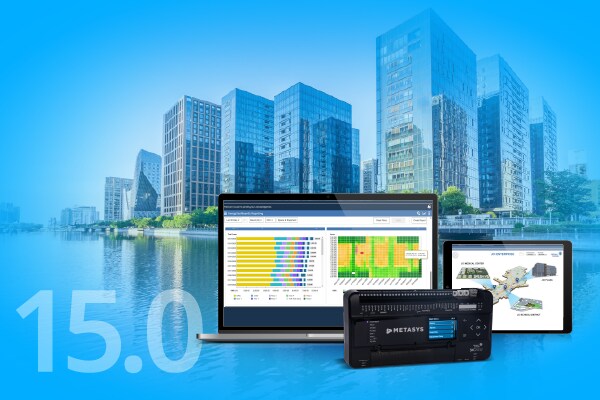Avoid the Risks of Running Outdated Building Automation Systems
The Importance of Keeping Your Building Automation System Up-to-Date
Reliance on a Building Automation System (BAS) is crucial for achieving key goals, but the risks of an outdated BAS can be significant.
Your BAS controls HVAC, lighting, fire, and security systems, driving reduced emissions, greater energy efficiency, and improved resource management. However, outdated BAS components can lead to vulnerabilities, system failures, increased maintenance costs, and diminished performance.
Key Risks
- Security Vulnerabilities: Outdated BAS hardware and software are more susceptible to cyber threats. Software without security patches opens your system to unauthorised access. Cybersecurity breaches in BAS can threaten your people, assets, and data. For example, the UK saw a 20% increase in cyber-attacks on critical infrastructure in 2023.
- System Instability: Aging hardware may fail unexpectedly, causing downtime and disruptions. Compatibility issues between outdated software and newer hardware can also cause instability. The UK construction industry faces significant challenges due to increased costs.
- Operational Inefficiencies: Outdated hardware and software result in suboptimal performance, increased energy use, and compromised occupant comfort. For instance, inefficient systems can lead to higher energy bills, which is a growing concern given the rising energy costs in the UK where nearly two-thirds (64%) of businesses have experienced an increase in gas and/or electricity bills in the last 12 months.
- Limited Functionality: Outdated BAS software may not support modern features, hindering energy efficiency initiatives and integration with emerging technologies. The UK government’s push for greener buildings underscores the need for up-to-date systems that can support these initiatives.
- Increased Maintenance Costs: Maintaining obsolete hardware and software can be costly and require specialised expertise. The UK’s building maintenance market is substantial, with costs representing a significant portion of the facilities management sector.
- Non-Compliance: An out-of-date BAS may not meet organisational IT policies or comply with industry regulations. Non-compliance can lead to severe penalties and operational disruptions.
Proactive Measures
- Regular Assessment and Inventory: Identify outdated BAS components and maintain a current inventory. For example, regular audits can help UK businesses stay compliant with the latest regulations.
- Implement Robust Patch Management: Regularly deploy security updates and patches. This is crucial as the UK faces increasing cyber threats.
- Upgrade or Replace Obsolete Components: Prioritise upgrades to mitigate security risks and improve performance. The UK government offers grants for upgrading to more energy-efficient systems. Almost £5 billion of funding is being made available to help UK businesses become greener as part of the government’s commitment to reach net zero emissions by 2050
- Enhance Cybersecurity: Implement layered controls and follow best practices for securing BAS networks. The UK’s National Cyber Security Centre provides guidelines for improving cybersecurity.
- Stay Informed and Engage with Vendors: Keep up with industry trends and engage with BAS vendors for resources and support for maintaining and upgrading BAS components
Act Now to Protect Your Building, People, and Data
Prioritise the maintenance and modernisation of BAS components.
Contact us using the form on this page to discuss the steps we recommend you take to ensure BAS reliability, safety, and compliance.




















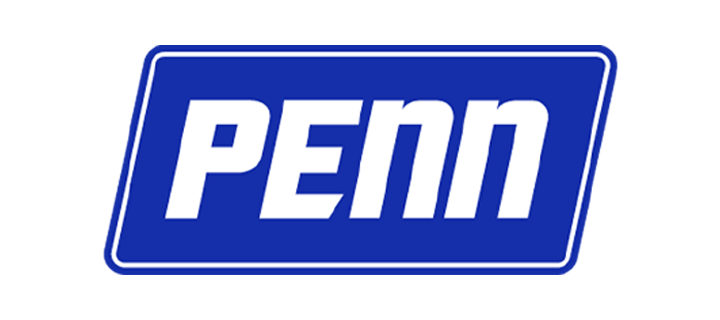

.jpg?la=en&h=320&w=720&hash=244C75B74F0F77521D56164450973BCD)

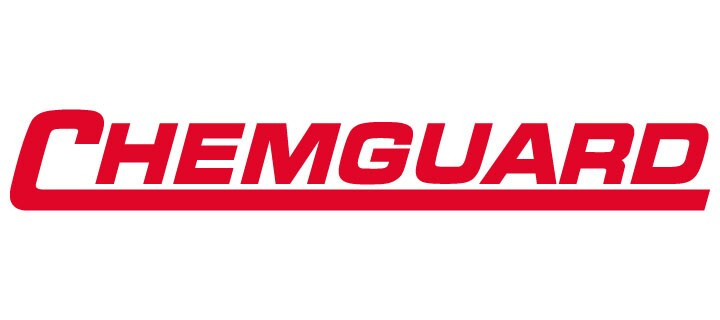
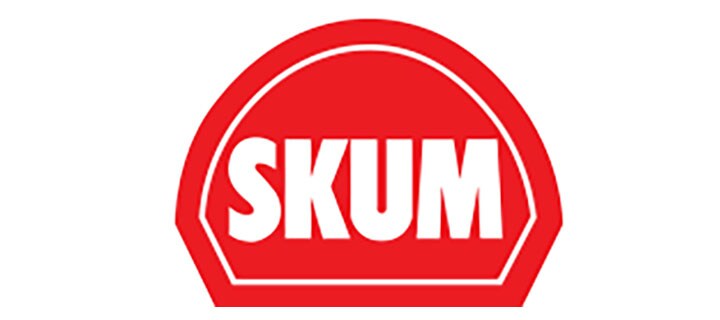



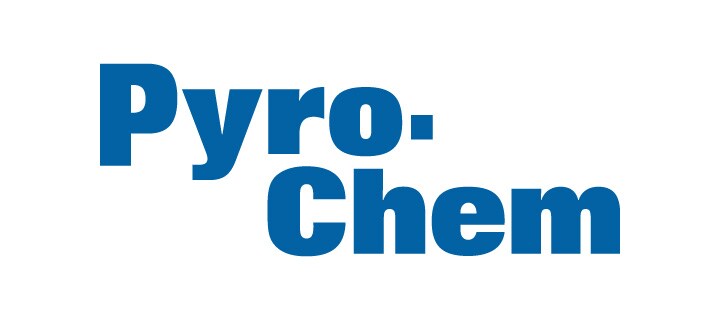







.jpg?la=en&h=310&w=720&hash=8D9823F26AA80B2B75C3E4B2E61770DC)


.jpg?la=en&h=320&w=719&hash=13CA7E4AA3E453809B6726B561F2F4DD)
.jpg?la=en&h=306&w=720&hash=F21A7CD3C49EFBF4D41F00691D09AEAC)

.png?la=en&h=320&w=720&hash=18CFCCD916C92D922F600511FABD775D)















